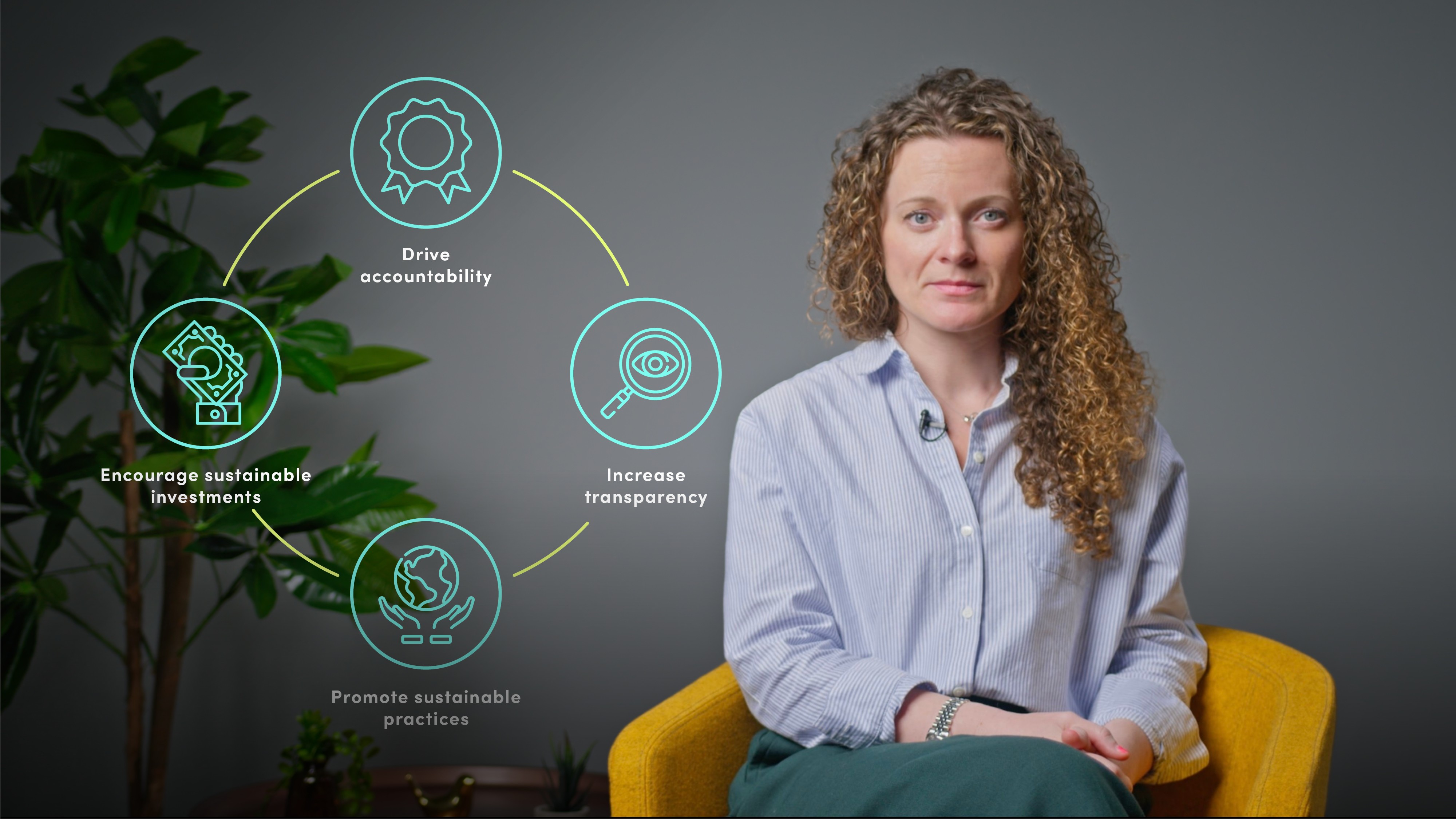What is the primary focus of the EU’s Corporate Sustainability Reporting Directive (CSRD)?
The CSRD aims to drive accountability and transparency in corporate sustainability practices while promoting sustainable investments. It is a key element of the European Green Deal, which was launched in 2019 with the ultimate goal of making the EU climate neutral by 2050. The directive modernises and strengthens existing rules on non-financial reporting, significantly expanding the scope to include many more companies.
What is the timeline for the implementation of the CSRD?
The implementation of the CSRD will be phased in between 2024 and 2028. The first reporting cycle will be based on data from the 2024 financial year. This cycle will include EU-incorporated companies that are already subject to the Non-Financial Reporting Directive. The next cycle will require large companies and EU parents of large companies to report on 2025 data. Parent companies from non-EU entities will be required to report on 2028 data if they generate more than €150 million in net turnover in the EU and have either a large EU subsidiary or a branch with more than €40 million net turnover.
What are the key criteria for large companies under the CSRD?
Large companies are defined as those meeting at least two out of the following three criteria – annual net turnover exceeding €50 million, a balance sheet exceeding €25 million, or at least 250 employees on average throughout the year.
What is "double materiality" in the context of the CSRD?
Double materiality is a pivotal concept under the CSRD that ensures the relevance of a company's reporting to its business. It involves two assessments: impact materiality and financial materiality. The first identifies the company's impacts on the environment and people, while the second identifies the sustainability matters that impact the business. A reporting standard is deemed "material" if it meets either of these tests.
What are some of the main obligations for companies under the CSRD?
Companies must adhere to several key obligations under the CSRD, including publishing an annual sustainability report. This report must be based on the European Financial Reporting Advisory Group (EFRAG) standards, known as the European Sustainability Reporting Standards (ESRS). Companies must also incorporate comprehensive data and must include information on the company’s own operations as well as its upstream and downstream value chain. Another main obligation is to ensure limited assurance, meaning the CSRD reports will require limited assurance from a third party, typically the company's auditor. This assurance ensures the credibility and accuracy of the reported information.

































